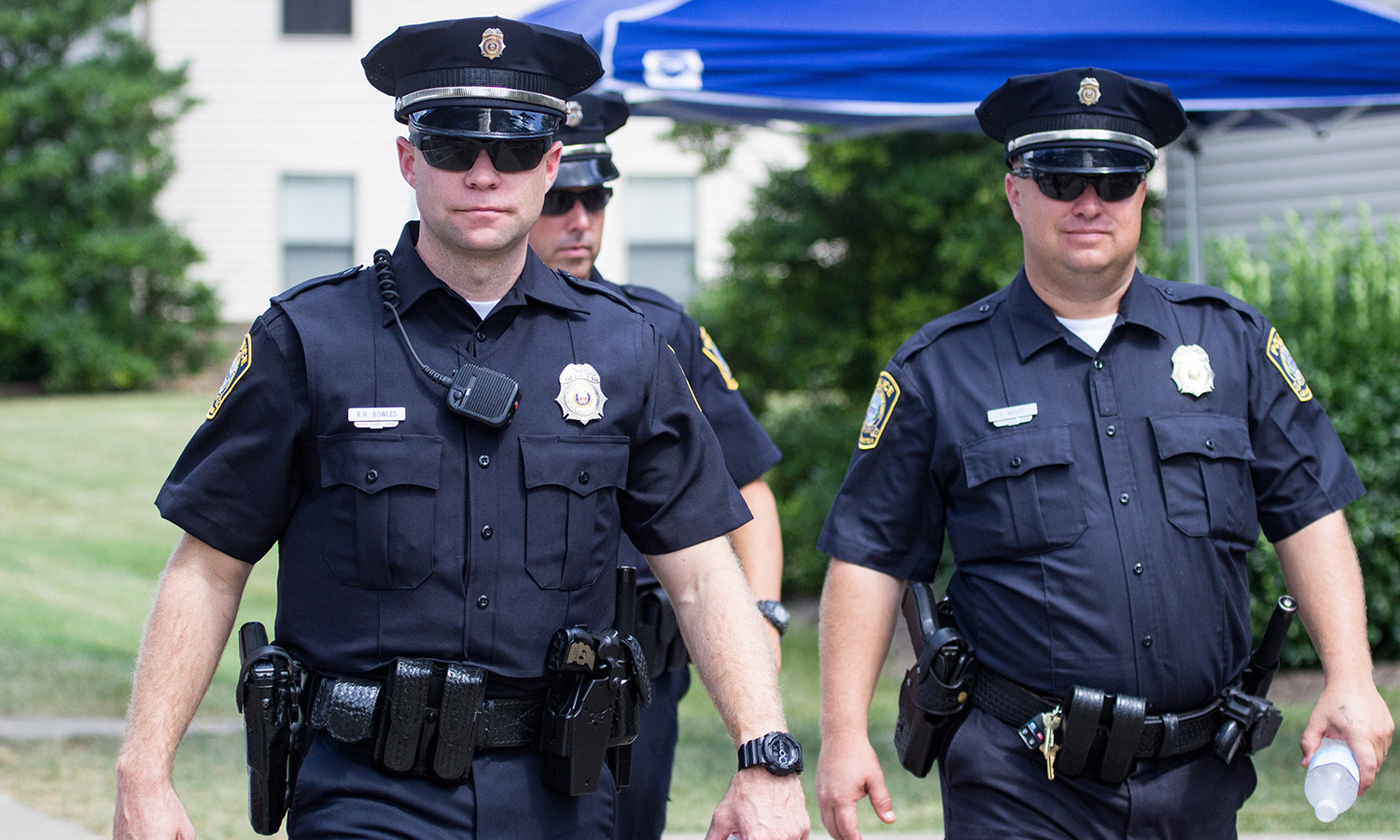
Officer needs help!” There are no phrases emanating from a police radio that evoke a more visceral response than that one. Regardless of the size of the department, the demographics of the community served or the type of jurisdiction, that phrase means an officer is fighting for their life! It may be an ambush, gun battle, foot chase or hand-to-hand combat, but to any officer who hears that call, the physiological response is the same: hearts race, minds plot the quickest route to the call, palms sweat, pupils dilate and even the least religious utter a word of prayer. But what happens when officers need a different type of help?
In 2019, the national media became acutely aware of police officer suicides and ran story after story, special after special. As quickly as their interest peaked, it waned. But the officers with problems, the officers who needed someone to talk with because of personal and/or professional issues, became unimportant to the media.
I’m a huge proponent of peer support programs; my first department launched peer support in the ’90s, modeling off the successful Secret Service and BATF peer-to-peer programs. At its zenith, the peer support program in that agency had over 200 peer members for a department of 13,000 officers. Times change and that agency now has fewer than 200 peers.
Smaller agencies can benefit from peer-to-peer programs. My current agency is a 100-person department serving a community of about 60,000 people in a major metropolitan area. When I first was appointed chief in 2012, I was approached by our police counselor, Victoria Poklop, who asked my feelings about peer programs. After some discussion, we decided to restart the long-dormant peer support program at our P.D. We began by having the officers on each shift nominate who they would feel comfortable sharing their problems with. Once we had nine members (six police officers and three sergeants) named by majority, we approached those officers and asked if they would be willing to become peer support team members. We relaunched our peer support team in early 2013.
A few departments near us began expressing interest in establishing peer teams as well, and while we assisted them, we also heard concerns from some of the smaller agencies; the concerns centered on the “beauty shop” mentality. The concern, real or imagined, is that an officer will share something with a peer supporter, who will then tell someone else, and that person will tell another, ad infinitum, until the chief finds out and takes disciplinary action. This concern led us to think of creative ways to form a peer support task force.
Task forces in law enforcement are nothing new; there were task forces formed to take down Dillinger, Bonnie and Clyde, and even Al Capone. This would be different. We looked at how we could utilize our existing Major Case Assistance Team callout framework and apply it to the peer supporters. Any way we looked at it, it was going to be a daunting challenge to ensure the right people were on the call-out list every day. Enter VJ.
Victoria met the owner of Velan Technologies, a young brilliant web developer named VJ Harikrishna, through a mutual friend. Victoria started explaining what we were trying to do, and he offered to help. Through his selfless dedication and IT wizardry, VJ met with us and demonstrated which platform could best be utilized for this web-based peer support program.
What had started as an attempt to provide a method to make peers available to officers 24-7/365 had grown into a much larger venture. WeNeverWalkAlone.org was launched on May 13, 2019, from our P.D.’s Emergency Operations Center.
The simple idea now offers:
- An interactive listing of peer support officers, both active and retired, from a variety of local, county, state and federal agencies, available to active and retired officers and their families
- Over 50 vetted mental health professionals who are dedicated to giving scheduling priority to LEOs and their families
- A list of external resources from financial counselors to white papers
- A list of peer support coordinators
Departments can join WNWA for the low cost of $2 per officer per month; WNWA is in the process of applying for grant funding in order to make the system free to any agency that wants it.
Anyone interested in more information on WeNeverWalkAlone.org is welcome to email me at wkushner@sbcglobal.net.
As seen in the November 2020 issue of American Police Beat magazine.
Don’t miss out on another issue today! Click below:





